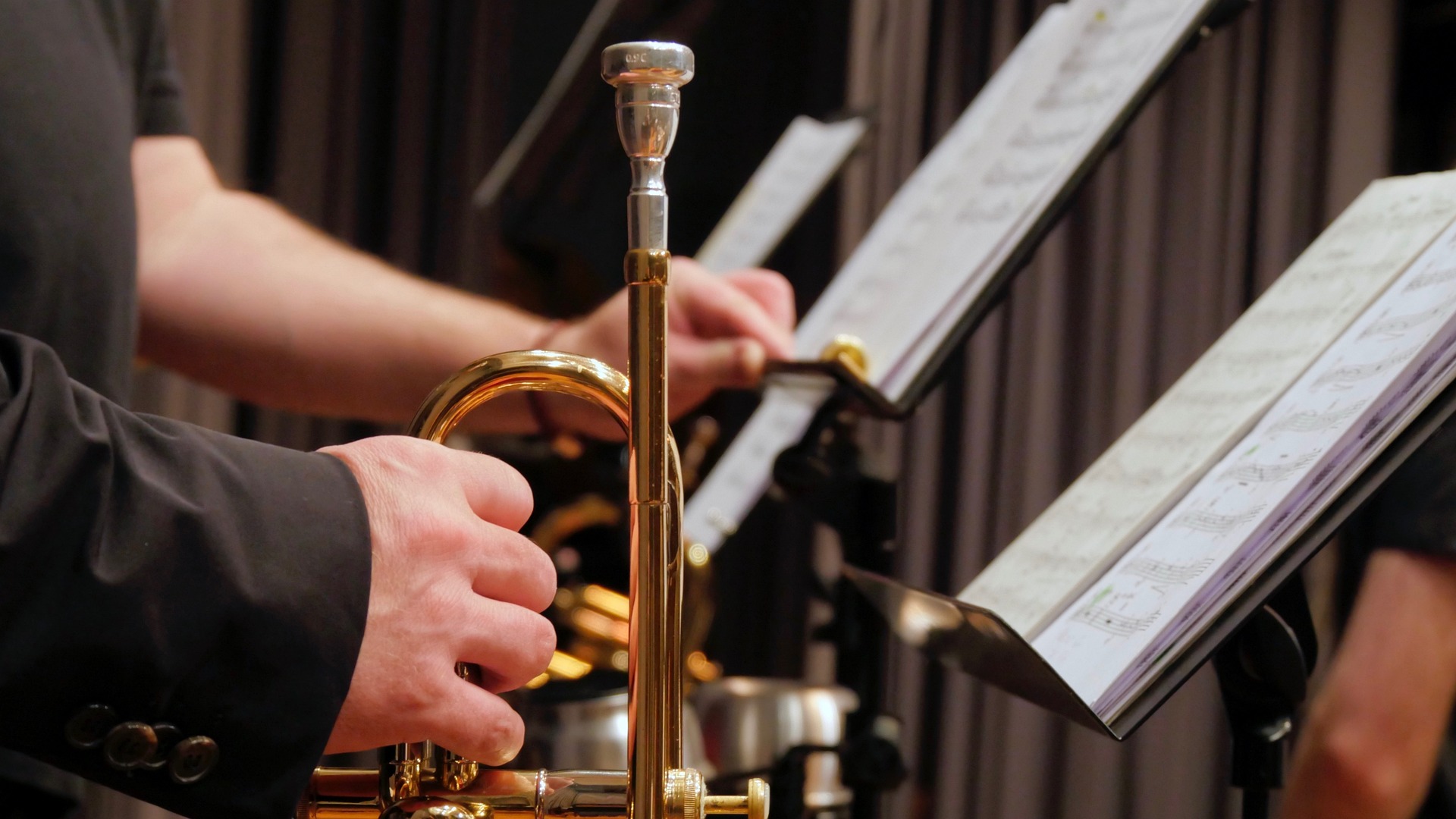Are you renting your first instrument and unsure of what your options are? Curious about upgrading to pursue your musical goals? When exploring these options you may be left wondering, “What is a step-up instrument and how can it benefit my progress?”
It’s normal to have questions about upgrading and finding the right instrument to meet your growing needs. To grasp the benefits of a step-up instrument, it’s helpful to first understand the characteristics of a beginner instrument.
What is a Beginner Instrument?
Beginner instruments like the B.A.C. Apprentice Series and the Jupiter 700 Series are made to be simple. This simplicity makes ease of use better for students who are just starting. Additionally, instruments built for beginning players are made of less expensive materials. This makes them a more affordable option when taking the first steps in your musical journey.
While inexpensive, the materials for these instruments tend to be more durable. This is good for beginning students who haven’t learned how to properly hold, assemble, and maintain a healthy working instrument.
Benefits of beginner instruments:
- Simple
- Affordable
- Durable
Intermediate Instruments
Intermediate instruments, like the B.A.C. Select Series and Jupiter 1100 Series (1000 for C Flute), are the perfect stepping stone for players looking for an upgrade. These instruments bridge the gap between beginner and professional, offering heightened quality without wreaking havoc on your bank account.
Some features of intermediate instruments include:
- Better material quality
- Higher attention to manufacturing details
- Improved tonal characteristics
- Improved intonation
- Bonus features (such as extra keys or levers) to allow more versatility for more experienced music players
- Mid-range cost
Professional Instruments
Advanced or Professional-level instruments are the highest level of mass-manufactured instruments. Good examples of these are the B.A.C. Handcraft Series and Jupiter XO Line. Some players may go beyond this to seek out custom instruments. Pro instruments hold the same advantages as intermediate horns but take it to a heightened level. Here, players can take the time to find the exact “voice” they are looking to create in their performances. These instruments are crafted from high-quality materials and have the most attention paid to the manufacturing process. This attention to detail ensures the measurements, dimensions, and other features are all set up for optimal performance. Because of these factors, it’s understandable that pro horns have the best tone and quality, accompanied by the highest price point.
Professional Instrument Features:
- Premium materials
- High attention to manufacturing details
- Improved tonal characteristics
- Refined intonation
- Bonus features (such as extra keys or levers) to allow for more versatility
- High cost
What is the right instrument for me?
Whether it is for you, your child, or one of your students, the right instrument depends mainly on two factors: budget and goals.
Budget
Starting on a beginner instrument before stepping up to an intermediate or professional-level horn is always a safe decision. When you are ready to step up is dependent on you and your goals. If you can afford a professional horn and want the features of a top-of-the-line instrument, go for it! If you’re unsure about investing in a professional model but want to start developing your sound, an intermediate model is the perfect option.
Goals
Think about what your goals are as a musician. Do you want to play in the marching band? Do you want to try out for state or regional bands and competitions? Are you considering studying music in college? These are all good questions to ask yourself when trying to determine which instrument is right for you.
If you plan on playing in your school’s marching band it is best to play on a beginner-level instrument because of its durability (unless your band director instructs otherwise). You’re likely to be exposed to the elements, and when you add other band members and color guard members to the mix, accidents can happen.
If you are interested in trying out for state and regional bands and competitions, it may be a good time for you to step up. Having an intermediate or professional horn can give you a competitive edge by allowing you to further hone your skills.
If you will be studying music in college, it would be a good idea to look into a professional instrument. Be sure to give yourself time to adjust to your new instrument before starting your path to becoming a professional educator or performer.
If making music is a hobby, we would recommend having an intermediate instrument or higher, but this all depends on what you are playing and how seriously you choose to take it.
The big question is: Do you feel like your instrument is holding you back?
What do I do now?
When choosing the right instrument, it’s really about what feels good to you and makes you want to get that practice time in! Start exploring your options today by browsing http://www.rentmyinstrument.com/instruments.
You can learn more about our affordable rent-to-own program and convenient maintenance plan at https://www.rentmyinstrument.com/how-it-works.
Remember, if you rent through RentMyInstrument.com you’ll gain equity from your current instrument that will go toward your step-up model! Additionally, we have a 50% off early purchase option that makes renting and purchasing quality instruments more accessible.

